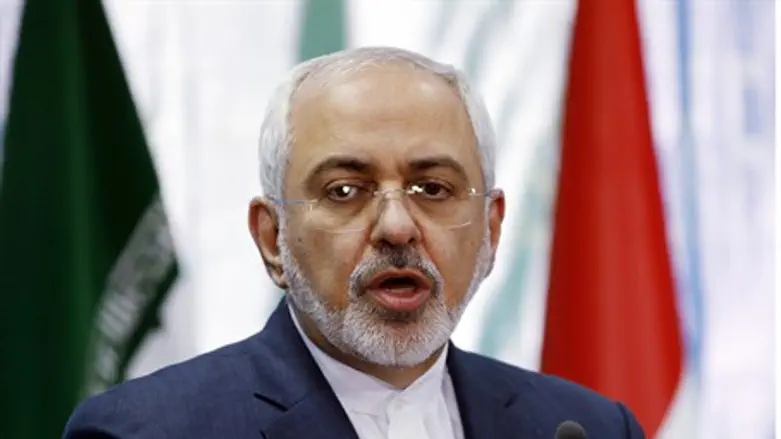
Iran's foreign minister, Mohammad Javad Zarif, on Thursday suggested that a 10-year moratorium on some aspects of his country's nuclear program might be acceptable to Tehran, Reuters reported.
U.S. President Barack Obama told the same news agency on Monday that Iran must commit to a verifiable freeze of at least 10 years on sensitive nuclear activity for a landmark atomic deal to be reached between Tehran and six world powers.
CNN's Christiane Amanpour asked Javad Zarif in an interview if Tehran was prepared to accept decade-long limits on a nuclear program it insists is peaceful.
"It depends on how you define it," Zarif responded. "If we have an agreement, we are prepared to accept certain limitations for a certain period of time but I'm not prepared to negotiate on the air."
The comments as Iran and the West continue talks aimed at turning an interim 2013 deal into a permanent agreement.
Under the interim deal, Iran committed to limit its uranium enrichment to five percent and is gradually winning access to $4.2 billion of its oil revenues frozen abroad and some other sanctions relief.
Talks to reach a permanent deal have continuously stalled and two deadlines for a final deal have been missed, with a third one looming on July 1 and an initial deal needing to be worked out by March 31.
"There are a lot of details that need to be discussed. We have made some progress," Zarif told Amanpour. "We will have to work very, very hard for the next few weeks."
"We can in fact reach an agreement if there is the necessary political will to make the tough choices," he continued.
Earlier this week, Zarif told NBC News that the United States and Iran have nearly reached a nuclear arms deal, though there are still details left to be negotiated.
In Thursday’s CNN interview, he dismissed Israeli Prime Minister Binyamin Netanyahu's warnings about the deal in a speech to the U.S. Congress on Tuesday.
"Some people consider peace and stability as an existential threat," he said, adding that it had no impact on the negotiations.
